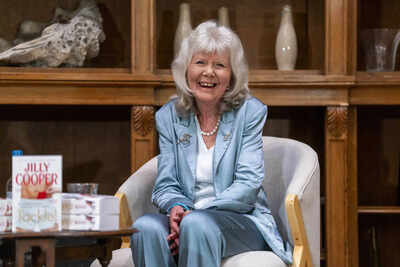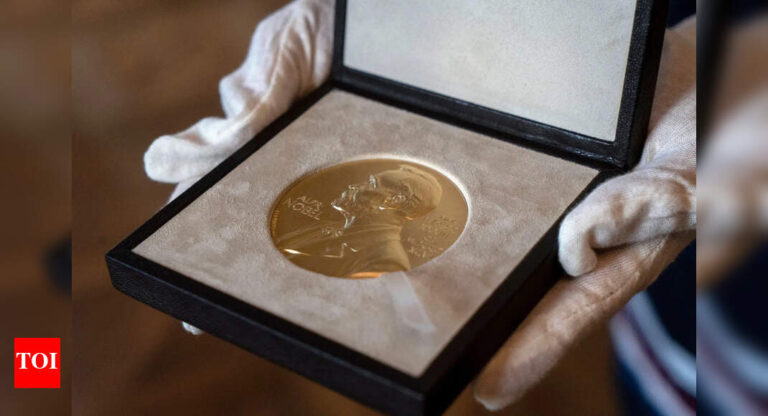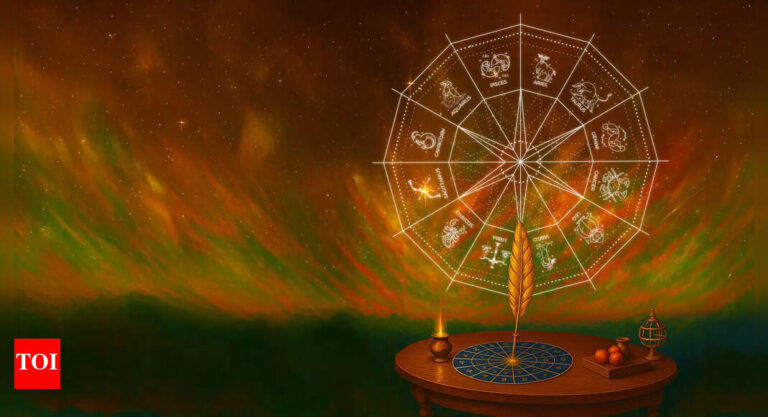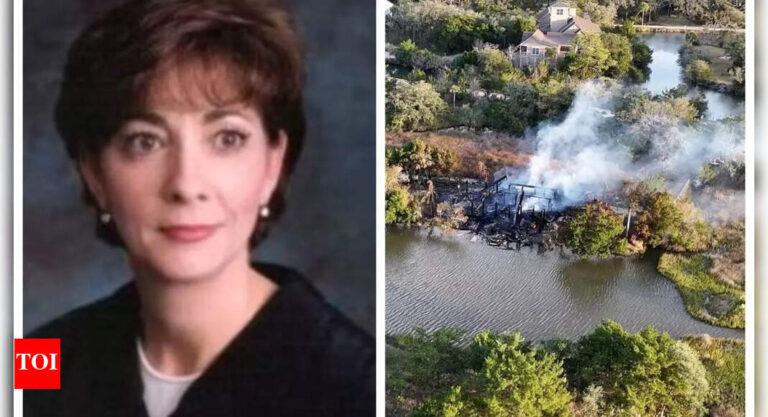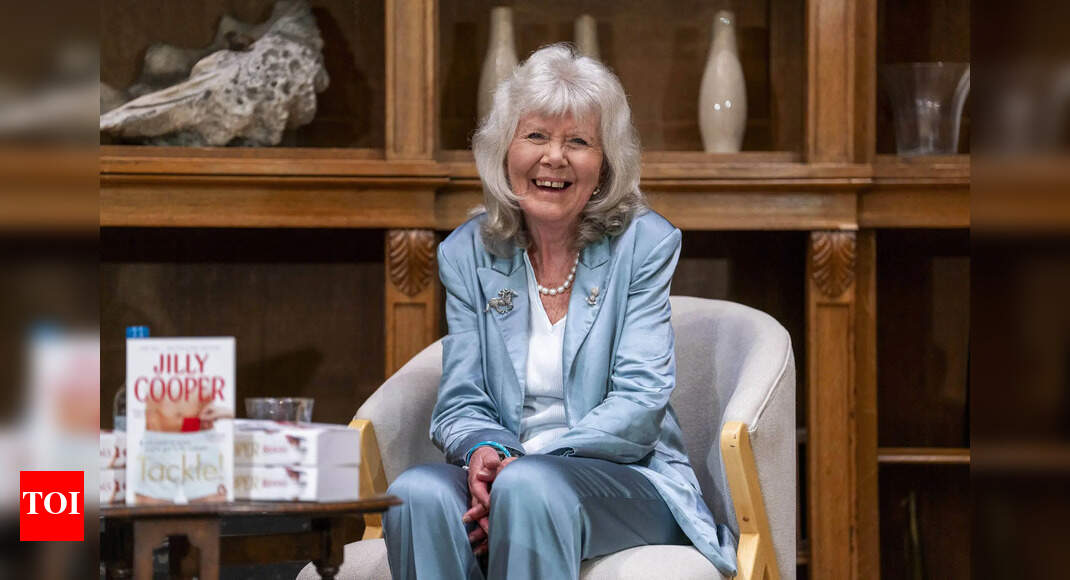
On 5 October 2025, Britain lost one of its most cherished literary voices. Dame Jilly Cooper passed away peacefully at the age of 88, leaving behind a legacy of wit, insight, and storytelling that captured the complexities of love, class, and human nature. From her early years as a spirited schoolgirl in Yorkshire to her rise as a bestselling novelist, Cooper’s life mirrored the vivid, often dramatic worlds she created on the page, earning her a permanent place in the hearts of readers across generations.
Early years and education
Born Jilly Sallitt in Hornchurch, Essex, on February 21, 1937, she spent much of her childhood in the rolling hills of Yorkshire, where her imagination and love for language first took root. Cooper attended Moorfield School in Ilkley, followed by the prestigious Godolphin School in Salisbury — both institutions that shaped her flair for words and her understanding of class and manners, themes that would later become central to her novels.Her parents encouraged an old-fashioned English education steeped in literature, history, and self-discipline. Although she never went to university — something that often surprises admirers of her erudition and style — Cooper’s learning came from voracious reading, curiosity, and a lifelong fascination with people.
First steps into the working world
After finishing school, Cooper initially worked as an English teacher — a role that gave her insight into the rhythms of language and the everyday drama of human relationships. But her career truly began to take shape when she moved to London, working in public relations and later as a journalist.Her entry into Fleet Street — the heart of British journalism — came through a mixture of luck, persistence, and talent. In the 1960s, she began writing witty, confessional columns and lifestyle features that were both scandalous and irresistible. Her candid, conversational style resonated with women navigating love, work, and changing social norms in postwar Britain.
The rise of a novelist
Cooper’s first book, How to Stay Married (1969), was a tongue-in-cheek guide that cemented her reputation as a chronicler of middle-class British life. Over the next decade, she produced essays, humorous guides, and short stories, often drawing from her own experiences. But it was in fiction that she truly found her voice.Her 1975 debut novel Emily and its follow-up Bella introduced readers to a world of spirited heroines, romantic entanglements, and class-crossed adventures. However, her real breakthrough came with Riders (1985), the first in her legendary “Rutshire Chronicles.” Set in the world of show-jumping, Riders combined glamour, satire, and unabashed sensuality — a cocktail that captivated millions.The series, including Rivals, Polo, and Mount!, made her a household name. Her writing was both escapist and observant, filled with sharp social commentary beneath the laughter and lust. Critics sometimes called her “the mistress of bonkbusters,” but readers adored her for her humour, warmth, and humanity.
Literary legacy
Over the years, Cooper’s books sold more than 11 million copies, earning her a CBE in 2004 and a damehood in 2024 for services to literature and charity. Her influence extended beyond the printed page — she was a cultural phenomenon who redefined popular fiction for a generation of women.Even as she grew older, Cooper remained refreshingly down-to-earth. She often wrote longhand in her Gloucestershire home, surrounded by dogs, champagne bottles, and a small army of notebooks. Her last published novel, Tackle! (2023), proved she hadn’t lost her touch for witty dialogue and social satire.
A life that mirrored her fiction
Jilly Cooper’s own life was not without drama. Yet she spoke about these challenges with the same candor she brought to her writing. Her educational path may have been unconventional, but her intellectual curiosity and empathy made her one of Britain’s most insightful chroniclers of love, ambition, and human folly. In her words and wit, she taught generations that intelligence and humour are not opposites — they are partners in the grand comedy of life.

